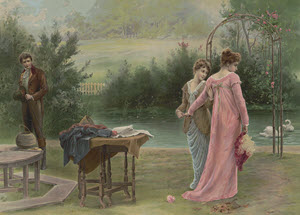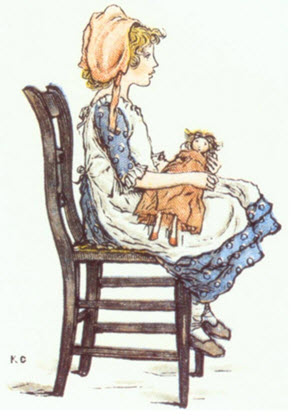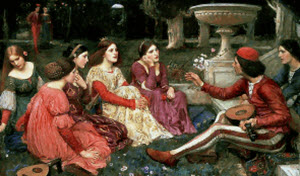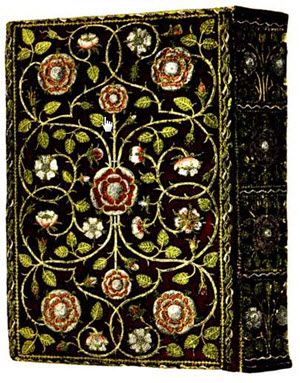EDGAR ALLAN POE - Part 27
Mrs. Clemm must have been bewildered by Poe's shifting affections, but she took several of the ladies into her confidence, and they wrote affectionate letters to her after Poe died.
Mrs. Boyster, to whom after so many tender poetical bonds he prosaically engaged himself, was the Elmira of his boyhood, now a widow with a fortune. She went into mourning after his death.
In the last two years of his life Poe did not produce enough manuscript to get a living out of the magazines, and he was not well or promptly paid for what he did send them. The story of Mrs. Clemm going about among the editors trying to collect money for work already accepted shows what a precarious hold the great magazinist had upon the institution for which he had done so much and of which he had such high hopes.
During 1847 he remained at Fordham, and he is imaged to us as a melancholy, lonely man walking out at night, brooding upon life and the stars. His mind in its lucid intervals still worked finely, and he dreamed a prose poem which was to explain the riddle of the universe and set him higher in its unhappy daily destinies. This metaphysical essay, "Eureka," was published in 1848. It is the culmination of the half-scientific, half-poetic meditations which show in many of his fictions and criticisms. Poe had always been an independent and original thinker about God and man. He was a combination of rationalist and poetic pagan. Though he was not a profound metaphysician, he saw things from his own corner of mind in his own way. In a sense he was uninstructed, he had not read systematically in philosophy. But a good deal of the thought of the world is turned over year by year in the magazines and current books, and Poe read magazines and books sent for review as part of his professional work. Learning has been brought to bear upon Poe's guess at the great riddles.




